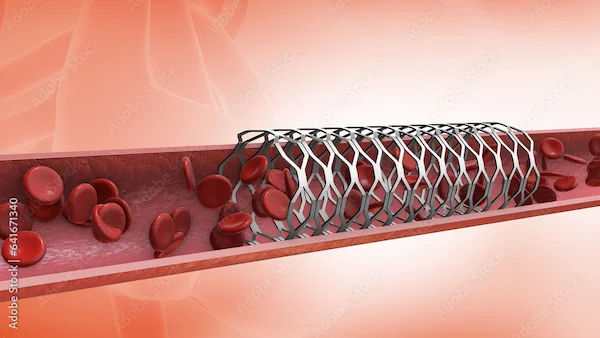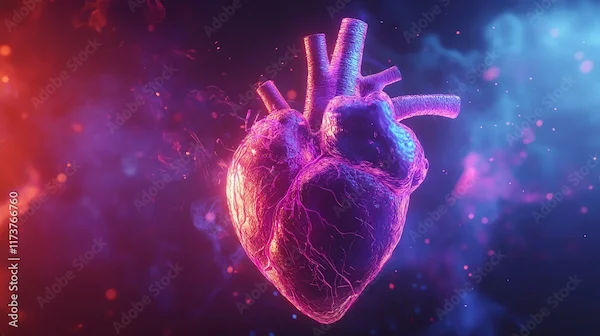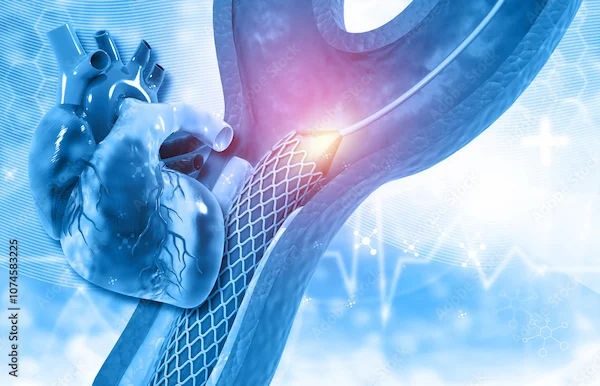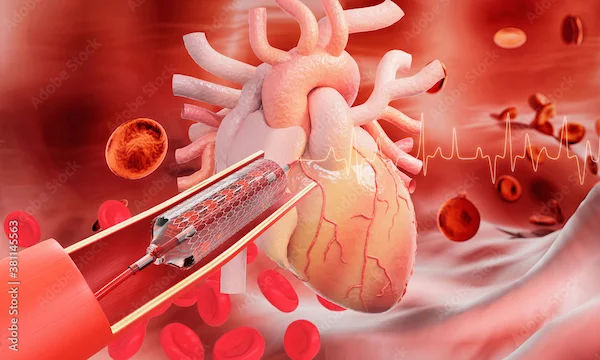How Much Time Does It Take to Recover After Bypass Surgery?
Wondering how long it takes to recover after bypass surgery? Learn about the recovery timeline, tips for healing faster, and when to seek help for a safe and healthy return to daily life.

Written by
Last updated on 10th Jul, 2025
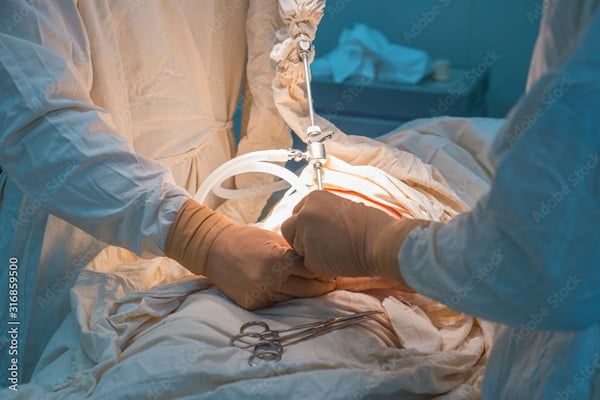
Introduction
Undergoing bypass surgery is a significant event, and recovery can feel overwhelming. If you or a loved one has recently had this procedure, you might wonder: How long will it take to get back to normal? The answer depends on several factors, including your overall health, the type of surgery, and how well you follow post-operative care guidelines.
In this article, we’ll walk you through the recovery timeline, what to expect at each stage, and tips to help you heal faster and stronger.
Understanding Bypass Surgery
Bypass surgery, also known as coronary artery bypass grafting (CABG), is performed to improve blood flow to the heart when arteries are blocked. The surgeon uses a healthy blood vessel (usually from the leg, arm, or chest) to create a new pathway around the blocked artery, restoring proper blood circulation.
Types of Bypass Surgery
Recovery time varies depending on which type you undergo.
Traditional Bypass (Open-Heart Surgery) – Involves a large incision and stopping the heart temporarily (a heart-lung machine takes over).
Minimally Invasive Bypass – Uses smaller incisions, leading to faster recovery.
Off-Pump Bypass – The heart keeps beating during surgery, reducing complications.
Consult Top Specialists for Personalised Heart Health Advice
Recovery Timeline After Bypass Surgery
Here’s a general timeline of what to expect as you heal:
1. Hospital Stay (3-7 Days)
After surgery, you’ll spend a few days in the ICU (Intensive Care Unit) followed by a regular hospital room. Here’s what happens:
First 24-48 Hours: You’ll be closely monitored for heart function, pain, and infection.
Next Few Days: You’ll start moving slowly, sitting up, and walking short distances with assistance.
Before Discharge: Doctors will check your vitals, incision healing, and prescribe medications.
2. First 4-6 Weeks (Initial Recovery at Home)
This is a critical healing phase. You’ll need:
Rest: Avoid heavy lifting, driving, or strenuous activities.
Incision Care: Keep the surgical area clean and dry.
Medications: Take prescribed blood thinners, pain relievers, and heart medications.
Follow-Up Visits: Regular check-ups to monitor progress.
Common Experiences:
Fatigue and low energy
Mild chest discomfort
Swelling in legs, if veins were taken from there
3. 6-12 Weeks (Gradual Improvement)
By now, you’ll start feeling stronger.
Cardiac Rehabilitation (Recommended): A supervised program to improve heart health through exercise, diet, and stress management.
Light Activities: Walking, light household chores.
Work: Desk jobs can resume in 6-8 weeks; physically demanding jobs may take longer.
4. 3-6 Months (Near Full Recovery)
Most patients regain 80-90% of their strength by this time.
Exercise: Can gradually increase intensity.
Diet: Heart-healthy eating is crucial.
Emotional Health: Some patients experience mood swings or anxiety—support groups or counselling can help.
5. 1 Year & Beyond (Long-Term Healing)
Full recovery can take up to a year. By this time:
Energy levels stabilise
Incision scars fade
Most patients return to normal routines
Factors Affecting Recovery Time
Several factors can influence how quickly and smoothly you recover.
Age & Overall Health: Younger, healthier patients recover faster.
Type of Surgery: Minimally invasive procedures have shorter recovery.
Lifestyle Habits: Smoking, poor diet, or lack of exercise slow healing.
Complications (if any): Infections or irregular heartbeats may extend recovery.
Tips for a Faster & Smoother Recovery
These practical tips can make your journey easier and help prevent complications.
1. Follow Doctor’s Instructions – Take medications on time, attend follow-ups.
2. Eat Heart-Healthy Foods – More fruits, veggies, whole grains; less salt, sugar, and fats.
3. Stay Active (But Don’t Overdo It) – Walking is excellent; avoid heavy lifting.
4. Quit Smoking & Limit Alcohol – Smoking slows healing; alcohol can interfere with medications.
5. Manage Stress – Meditation, deep breathing, or light yoga can help.
6. Join Cardiac Rehab – Supervised exercise and education speed up recovery.
When to Seek Medical Help
Call your doctor if you notice:
Fever, chills or other signs of infection
Increased chest pain or shortness of breath
Swelling, redness, or discharge from the incision
Irregular heartbeat or dizziness
Final Thoughts
Recovery after bypass surgery is a journey that requires patience and care. While the first few weeks may feel challenging, most patients see steady improvement over months. The key is to follow medical advice, adopt a heart-healthy lifestyle, and stay positive.
If you have concerns or need guidance, Apollo 24|7 offers expert cardiac care consultations. You can book an appointment easily online for personalised advice.
Consult Top Cardiologists
Consult Top Specialists for Personalised Heart Health Advice
Dr. Dixit Garg
Cardiologist
10 Years • MBBS , DNB (General medicine) , DNB (cardiology)
Gurugram
Smiles & Hearts, Gurugram

Dr. Amit. A. Bharadiya
Cardiologist
12 Years • MBBS, MD General Medicine, DNB Cardiology
Maharashtra
Surabhi Hospital, Maharashtra, Maharashtra
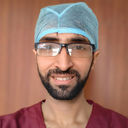
Dr. Pinaki Nath
Cardiologist
8 Years • MBBS, MD General Medicine, DM Cardiology
Barasat
Diab-Eat-Ease, Barasat
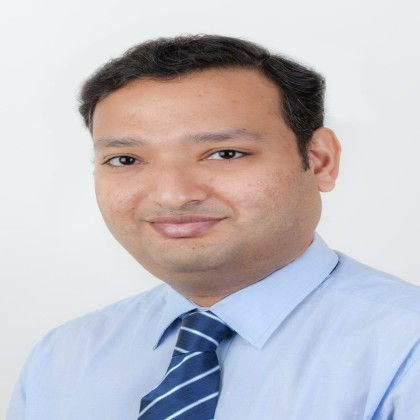
Dr. Mangesh Danej
Cardiologist
8 Years • MBBS, MD (General Medicine), DNB (Cardiology)
Pune
Dr Danej clinic, Pune
(375+ Patients)
Dr. Sibashankar Kar
Cardiologist
10 Years • MBBS, DNB
Bhubaneswar
Hi-Tech Medical College & Hospital, Bhubaneswar
Consult Top Cardiologists
Dr. Dixit Garg
Cardiologist
10 Years • MBBS , DNB (General medicine) , DNB (cardiology)
Gurugram
Smiles & Hearts, Gurugram

Dr. Amit. A. Bharadiya
Cardiologist
12 Years • MBBS, MD General Medicine, DNB Cardiology
Maharashtra
Surabhi Hospital, Maharashtra, Maharashtra

Dr. Pinaki Nath
Cardiologist
8 Years • MBBS, MD General Medicine, DM Cardiology
Barasat
Diab-Eat-Ease, Barasat

Dr. Mangesh Danej
Cardiologist
8 Years • MBBS, MD (General Medicine), DNB (Cardiology)
Pune
Dr Danej clinic, Pune
(375+ Patients)
Dr. Sibashankar Kar
Cardiologist
10 Years • MBBS, DNB
Bhubaneswar
Hi-Tech Medical College & Hospital, Bhubaneswar
